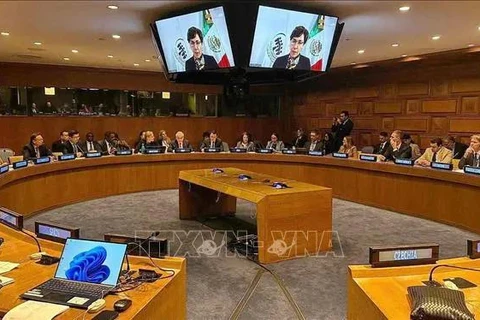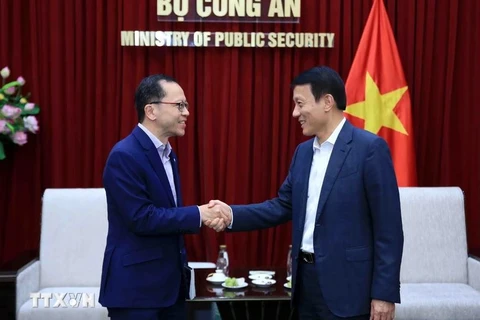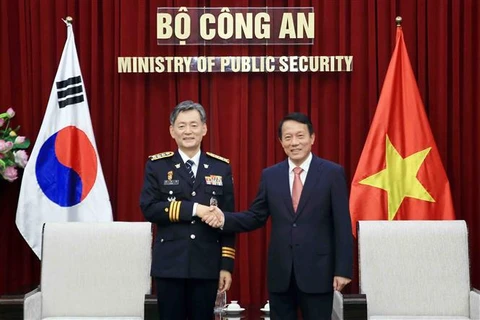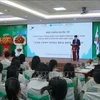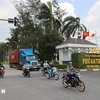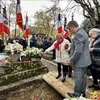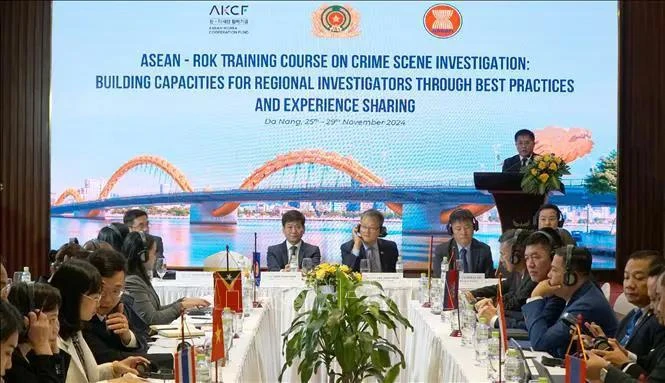
Da Nang (VNA) – A training course on crime scene investigation (CSI) aimed at enhancing the skills of investigators from the Association of Southeast Asian Nations (ASEAN) and the Republic of Korea (RoK) through the exchange of best practices and experiences opened in Vietnam's central city of Da Nang on November 25.
The course brought together nearly 100 representatives from ASEAN member states and Timor-Leste, as well as leading experts in crime scene investigation and digital forensic techniques from the Korean National Police Agency (KNPA), the International Criminal Police Organisation (INTERPOL), and the United Nations Office on Drugs and Crime (UNODC).
In his opening address, Lieutenant General Dang Xuan Hong, Director General of the Department of Foreign Relations under the Ministry of Public Security (MoPS), emphasised that the course not only strengthens ASEAN-RoK ties but also underscores Vietnam’s leadership in advancing ASEAN’s collaborative efforts in combating crime.
Lieutenant General Hong highlighted that this is the first collaborative effort between the RoK and ASEAN in the framework of the ASEAN Senior Officials Meeting on Transnational Crime (SOMTC).
RoK Ambassador to ASEAN Lee Jang-keun, noted the initiative's significance as ASEAN and the RoK celebrate the 30th anniversary of their dialogue partnership and the recent elevation of their relationship to a comprehensive strategic partnership in October. He praised Vietnam for its coordination of ASEAN-RoK relations from 2021 to 2024, expressing confidence in the potential for future collaboration in combating transnational crime.
During the course, which will run until November 29, KNPA experts will deliver insights on the critical role of crime scene investigation, the challenges faced, and international cooperation frameworks in the field. They will also introduce cutting-edge tools and equipment to enhance investigative efficiency.
Delegates from ASEAN countries and Timor-Leste are expected to share their experiences, covering topics such as legal frameworks for crime scene investigations, methodologies for tackling various types of crimes, and strategies for gathering, recovering, and analysing electronic evidence in cyberspace.
The course will also include lectures, hands-on training sessions, and practical exercises designed to transfer knowledge and strengthen regional cooperation./.
